TU/e Best Teacher Awards
With the annual TU/e Best Teacher Awards we honor our TU/e heroes who inspire, motivate and advance students. This year, seven teachers have been nominated. All nominees were judged by members of the Student Advisory Body on passion, interaction, impact on development of students, vision on higher education and innovation.
The Best Bachelor Teacher and Best Master Teacher were announced on September 29, 2023, during MomenTUm. The Best Teacher Award includes a personal prize of EUR 15,000 gross for the winners.
The winners of 2023
Ivo Filot
CHEMICAL ENGINEERING AND CHEMISTRY
Ivo can take complex subjects and break them down into easy-to-understand concepts using a personal approach. He creates an engaging and interactive environment that fosters open communication and encourages students to explore different perspectives. By the end of the course, students not only have a strong grasp of the material but also a newfound love for learning.
Ivo actively seeks the opinions of students on specific issues and is receptive to constructive suggestions for improvement. He interacts with students on a personal level, fostering an environment in which students feel comfortable discussing areas of difficulty and seeking guidance.
A key advantage of Ivo's teaching approach is his use of diverse didactic strategies and presentation formats, including authoring his own concise and relevant course materials, writing his own course books, and providing pen casts to facilitate self-paced learning. He believes there is no silver bullet in an educational strategy, but we should select the best practices from a diverse palette of approaches.
Ivo inspires students to pursue their passions with confidence and curiosity.
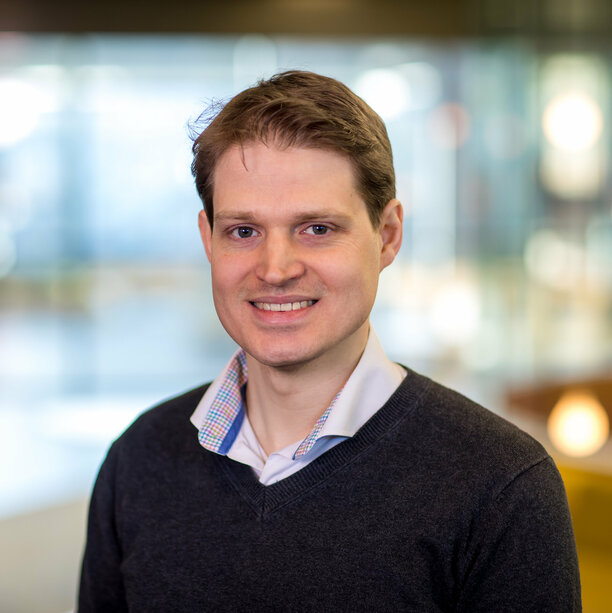
Nominee Best Bachelor Teacher
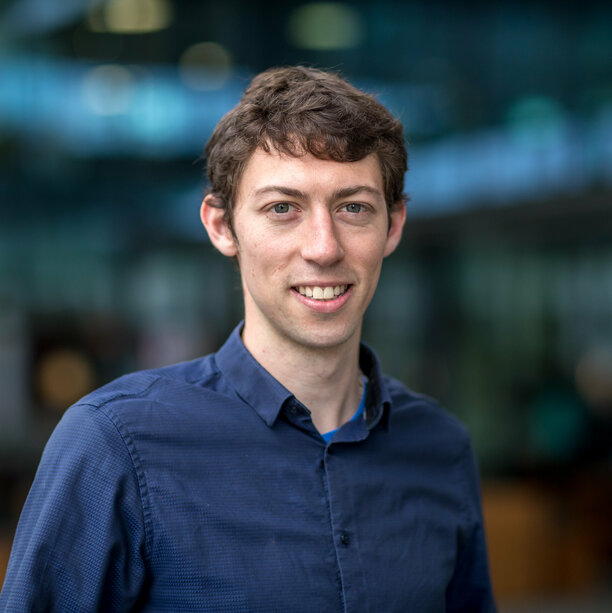
Nominee Best Bachelor Teacher
Florent Gauvin
ARCHITECTURE, URBANISM AND BUILDING SCIENCES
At the beginning of each lecture, Florent takes the time to have a quick Mentimeter quiz on the topics taught in the previous week. After each question he elaborates the reasoning behind the answer. This results in students feeling rewarded for keeping up with the lectures and makes it easier for students who may have missed a week of teaching to catch up.
To help students understand difficult topics Florent slows down his pace of teaching and draws on slides to illustrate what he is talking about. His lectures are fun to follow because he enjoys sharing his passion with students. He has a talent to tell his story captivatingly by still being concise.
Florent's course 'Materialization of facades and roofs' is known by students as a successful, original, and challenging course that provides a dive into the real world. By creating interactive and fun assignments such as a bike tour, visiting several locations in Eindhoven showing different applications for facades in practice, he draws a connection between education and the real world.
Florent is someone who works hard but stays out of the spotlight. As a member of the departmental council, he is often described as the glue of the council as he is talented at combining everyone’s interests. He has a critical mind that comes up with fresh and valid perspectives. And despite his busy agenda he will always try to make time to guide any student outside his lecture or tutor hours.
Florent draws a connection between education and the real world.
Claudia Fecarotti
INDUSTRIAL ENGINEERING
One of the courses Claudia teaches, was known as the most difficult course of the whole bachelor's program and only a limited number of students succeeded in this course. Claudia redesigned the course, based on the flipped classroom concept. The level of the course is still high, but Claudia's way of teaching is very motivating and effective for students. The course is now seen as a challenging and interesting one.
Claudia provides ‘practical lectures’ where she combines theory with problems from practice. In these special lectures where past exam questions are used, she encourages students to ask questions or have discussions with each other. Students feel comfortable: they know that even if their answer is wrong, they learn a lot from interacting during those sessions. Because of this, the sessions are very interactive, and students learn a lot.
Claudia puts a lot of effort into creating a well-structured course set-up and into giving clear lectures. She really aims at making the material manageable, strives for her students to understand the material rather than just memorizing it. Her answers during the tutor hours are comprehensive and show passion for the topic and for transferring as much knowledge as possible to the students. She is extremely involved in helping students that do not understand a certain topic. For all students, it is very evident that she loves what she is doing. She teaches with passion and is extremely dedicated to her course and always helpful to students.
Claudia teaches with passion and is always helpful to students.
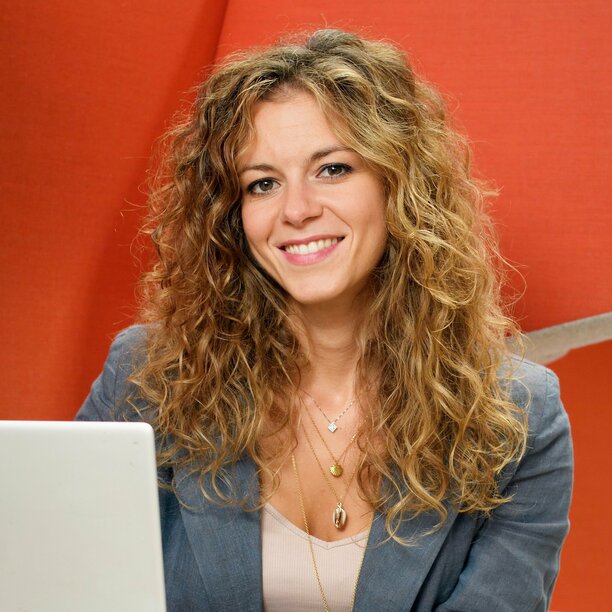
Nominee Best Bachelor Teacher
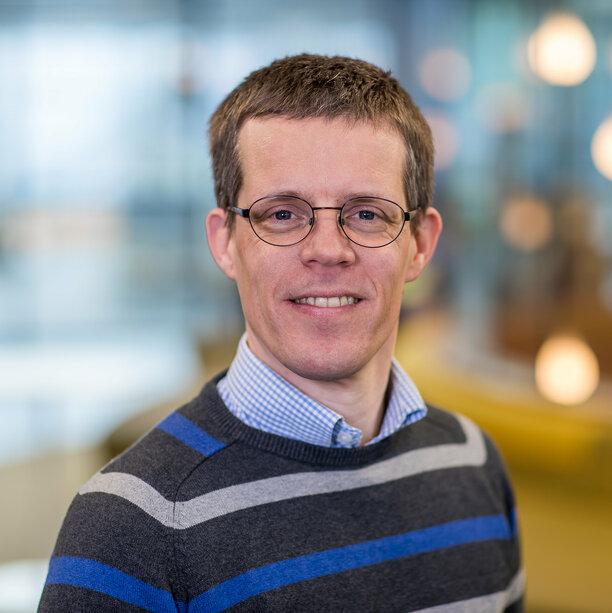
Nominee Best Bachelor Teacher
Michiel Hochstenbach
MATHEMATICS AND COMPUTER SCIENCE, NOMINATED BY INDUSTRIAL ENGINEERING
For students, it is really clear that Michiel has a lot of passion for his profession. He is enormously enthusiastic about mathematics, which he transfers to the students. He puts a lot of effort into his job. He is having a great time while teaching. Michiel is constantly innovating his courses and his way of teaching. Students really appreciate his passion and are motivated to join his lectures.
One of the other reasons that Michiel is so popular with students, is his humor. He makes jokes throughout the lessons to keep the students’ attention to the class. He has the gift of creating a very dynamic class, in which everybody feels welcome. He combines in each lecture useful knowledge with a sprinkle of fun.
Michiel has an eye for all students individually. His focus lays especially on the students who failed his course once or twice. He lets them know that it is normal to fail this difficult course and tries to encourage them. He also gives practical tips to those students (like trying to study with a study buddy), takes a closer look at the way the students learn, or sometimes even talks to the academic advisor. He really wants to help students to learn in the right way and gets much energy from seeing those students develop themselves and seeing them succeeding in their exam next time. He also emails students personally when they have given an outstanding performance on the exam. He considers it important to make students aware of what they are good at and can be proud of, not only in terms of math, but also in their personal development.
Michiel has the gift of creating a very dynamic class, in which everybody feels welcome.
Erik van der Vleuten
INNOVATION SCIENCES
Erik considers it a privilege to guide and walk alongside students towards the future. He is interested in understanding the bigger picture of how society works and how (technological) choices influence it. He wants to educate students with skills on how to contribute to sustainable change in the world. For this change to happen, it is essential to educate people who can think multi-disciplinary and outside the box, using various well-founded perspectives. That is exactly where Erik focuses on in his course.
Erik has moved away from college-driven education and uses the flipped classroom concept. Students read the material at home before the lecture. This gives them the opportunity to already think about the material. The first hour of his lecture students discuss the content in a group. Erik then asks them to write answers to certain questions on the blackboard, or questions they have themselves. In the second hour Erik discusses the stuff the students have written on the board and answers their questions.
Erik puts emphasis on learning to think rather than absorbing knowledge from lectures. Students are asked to reflect on what they already know, what they are learning, and the relationship between the two. This is something students can also use outside of the classroom; they can take this with them for the rest of their life.
Erik considers it a privilege to guide and walk alongside students towards the future.
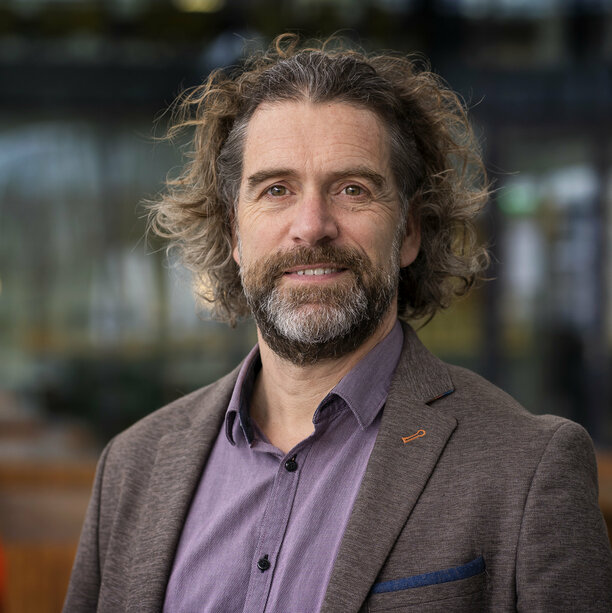
Nominee Best Master Teacher
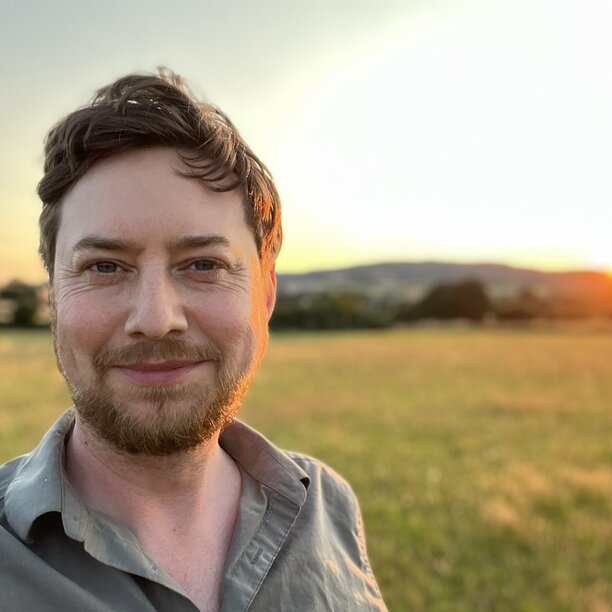
Nominee Best Master Teacher
Dan Lockton
INDUSTRIAL DESIGN
Dan's enthusiasm motivates students to explore the boundaries of creativity and technological advancements. He values students’ own knowledge and expertise and aims to offer support for projects rather than direction or supervision in a traditional sense.
His personal attention to students does not go unnoticed. Students characterize him as an uplifting person with a listening ear. In his feedback, he shows attention to details about who you are as a person. He believes strongly in supporting students to build their own profiles and identity as professionals, through trusting them to centre their projects around societally-relevant topics, giving suggestions and connections to literature, other people, and other areas of knowledge.
Dan creates many of the methods and activities used, often co-designing them with students. Many of the workshop tools and formats such as New Metaphors or Mental Landscapes have been created in past teaching contexts, with his previous generations of students, and new tools will emerge from his TU/e work, co-created with students here.
Dan enthusiastically brings a fresh perspective to design by seeing opportunities outside conventional areas where design can be applied.
Karel van Donselaar
INDUSTRIAL ENGINEERING
Karel can transfer knowledge in a motivating and clear way. He is super friendly, always energetic, and very patient, especially when helping students to solve the problems themselves.
He is not a teacher who only sticks to traditional lectures. For example, he also created video recordings in which a difficult part of the course is explained once again in a compact and clear way. He also created videos where students of last year explained a difficult exercise, which helps new students, since they get a different view of how such an exercise can be solved.
In his courses, Karel focuses on connecting theory with real-life practice. He uses a lot of real-life cases in his courses and provides guest lectures given by companies. He wants to show the students how their theoretical background gained on the course can be used in the field and in the students’ professional future.
Karel is always open to discussions and answering questions, even before or after the lectures. He creates an atmosphere, in which students feel comfortable asking questions and diving deeper into the different topics.
Karel wants to show the students how their theoretical background gained on the course can be used in the field and in the students’ professional future.
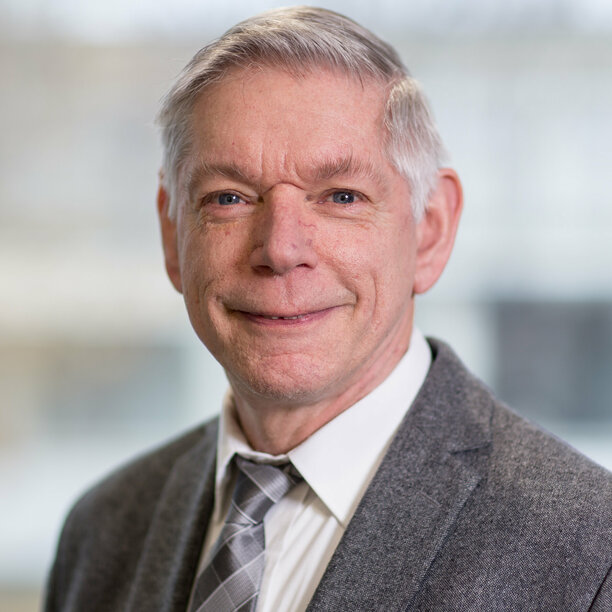
Nominee Best Master Teacher
Previous winners
Jim Portegies (Best Bachelor Teacher 2022)
Sandra Loerakker (Best Master Teacher 2022)
Mark Bentum (Best Bachelor Teacher 2021)
Reinoud Lavrijsen (Best Master Teacher 2021)
The best teacher of the year is you! (2020)
Johanna Höffken (Best Bachelor Teacher 2019)
Bert Koopmans (Best Master Teacher 2019)
Photo credits: Angeline Swinkels, Bart van Overbeeke, Cursor, Levi Baruch, Vincent van den Hoogen